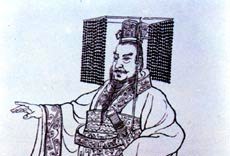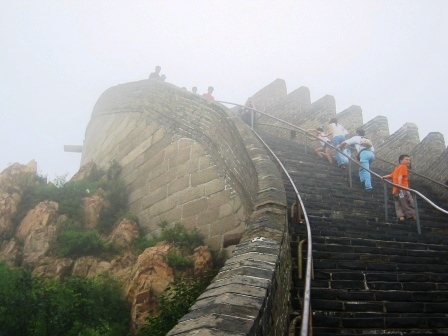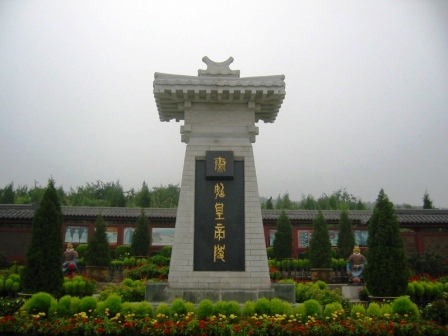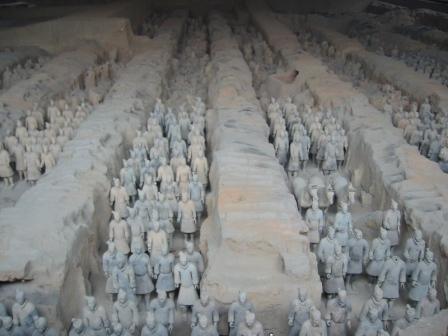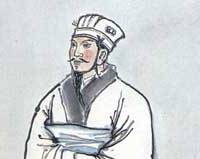
| Home | Chinatowns of the world | Festivals | Culture | Food Culture | History | Countries |
| Chinese Religion | Tours | Sitemap | Documentaries | About | Contact |
Emperor's ElixirIn 221 BCE, the state of Qin, 秦国, ended the Warring States period, 战国时代, in China with the conquest of 6 rival states of Qi (齐), Chu (楚), Yan (燕), Han (韩), Zhao (赵), Wei (魏). Yin Zheng, 赢政, the King of Qin proclaimed himself as Qin Shi Huang, 秦始皇, the first Emperor of China and thus founded the Qin Dynasty 秦朝. Building projectsQin Shi Huang initiated various projects to celebrate his victory and to prepare for a dynasty that would rule forever. The former defense walls of rival kingdoms were linked to form an uninterrupted chain of defense wall that became known as the Great Wall of China 万里长城. He standardized weights and scripts, issued new currency. He also began the construction of Er Fang Palace, 阿房宫, a immerse palace complex that was said to be 10 times bigger than the Forbidden City in Beijing. The dream of eternityQin Shi Huang hoped to live and to rule forever. To achieve this, he turned to magicians of the time. One of these magicians was Xu Fu, 徐福, who advised that immortality could be achieved by obtaining an elixir from immortals residing in a celestial islan d called Penglai, 蓬莱仙岛. The Emperor had ships built for this purpose but when the elixir was not obtained, Xu Fu, claimed that Peng Lai Island was guarded by sea beasts. Archers were sent on board the ships to slaughter the sea beasts that historians believed were whales. As the Emperor’s health deteriorated, he demanded that Xu Fu produced the elixir. Xu Fu asked for 3000 boys, 3000 girls, and large quantities of grains for sacrifice to the immortals in exchange for the elixir. Xu Fu sailed with the “sacrifice” and never returned to China. To this day, Chinese believed that he said sailed to Japan and settled there. Some even believed that Xu Fu became the first emperor of Japan. Achieving ImmortalityQin Shi Huang never obtained the elixir he wanted and died in 210 BCE during an inspection tour of his empire. He was buried in Li Shan mausoleum, 骊山, with extensive burial goods as well as a large army of terracotta warriors, 秦始皇兵马俑. The Qin Dynasty was overthrown 4 years after his death. Despite the First Emperor’s ambition to establish a dynasty that would last forever, the Qin dynasty was one of the shortest in the history of China ruling for only 15 years. Related Article:History page |
|
| Join us on | Youtube | |||
| Copyright © 2007-24 Chinatownology, All Rights Reserved. | ||||
